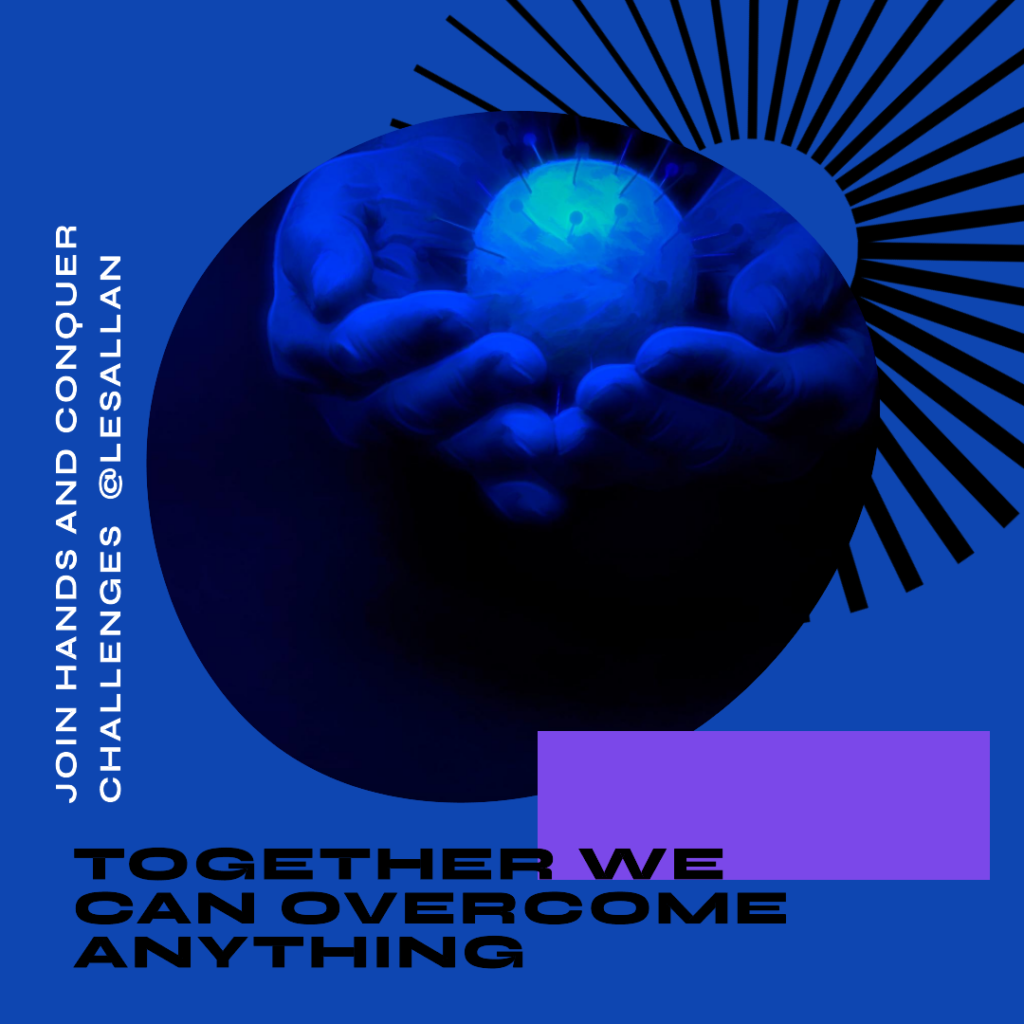Written by Lesallan – November 11, 2023

This is a question that many people are asking, especially as the world faces unprecedented challenges such as climate change, social unrest, economic inequality, and technological disruption. Gen Z, the generation born between 1997 and 2012, is the most diverse, educated, and connected generation in history. They have grown up with the internet, social media, and smartphones as part of their everyday lives. They are also the first generation to experience the effects of the global pandemic, which has disrupted their education, careers, and social lives.
Gen Z is not a monolithic group, and they have different values, aspirations, and preferences than their predecessors. However, some common themes emerge from the research and surveys that have been conducted on this generation. Here are some of the key characteristics and trends that define Gen Z:
They are socially conscious and want to make a positive impact on the world. Gen Z cares deeply about issues such as human rights, racial justice, environmental sustainability, and mental health. They are not afraid to speak up and act for the causes they believe in. They are also more likely to volunteer, donate, and support social movements than previous generations.
They are entrepreneurial and innovative. Gen Z has grown up in a fast-changing and uncertain world, where they have witnessed the rise and fall of many businesses and industries. They have also seen the opportunities and challenges that come with new technologies and platforms. As a result, they are adaptable, creative, and resourceful. They are not afraid to take risks and experiment with new ideas. They are also more likely to start their own businesses or pursue alternative career paths than previous generations.
They are digital natives and media savvy. Gen Z has been exposed to a vast amount of information and content from a young age. They are proficient in using various digital tools and platforms to communicate, learn, work, and entertain themselves. They are also aware of the potential benefits and pitfalls of the online world, such as cyberbullying, fake news, privacy breaches, and addiction. They are selective and critical of the sources and messages they consume and share. They are also adept at creating their own content and building their personal brands online.
They are diverse and inclusive. Gen Z is the most racially and ethnically diverse generation in the US, with more than half identifying as non-white. They are also more open-minded and accepting of different identities, cultures, beliefs, and lifestyles than previous generations. They value diversity and inclusion not only as moral principles but also as sources of innovation and creativity. They seek out diverse perspectives and experiences to enrich their own understanding and worldview.
These are some of the general traits that shaped Gen Z’s generation. Of course, there is no one definitive answer to what they are going to do or how they are going to change the world. Everyone has their own unique story, goals, and dreams. However, based on their collective strengths, values, and aspirations, we can expect Gen Z to be a powerful force for positive change in the future.
What are Gen Z’s children going to do?

This question may seem premature, but it is not irrelevant. Gen Z, the generation born between 1997 and 2012, is the most diverse, educated, and connected generation in history. They are also the first generation to experience the effects of the global pandemic, which has disrupted their education, careers, and social lives. As they enter adulthood and start forming families, they will face new challenges and opportunities as parents and role models for their children.
Gen Z’s children, who are likely to be born between 2025 and 2040, will inherit a world that is very different from the one their parents grew up in. They will be exposed to new technologies, cultures, and issues that will shape their lives and identities. They will also have to deal with the consequences of the decisions and actions that their parents and previous generations have made, such as climate change, social inequality, and geopolitical conflicts.
Gen Z’s children are not yet born, and they have not yet developed their own values, aspirations, and preferences. However, some possible scenarios and trends can be imagined based on the research and surveys that have been conducted on Gen Z and their parenting styles. Here are some of the key characteristics and expectations that may define Gen Z’s children:
They will be more diverse and global than ever before. Gen Z’s children will be the most racially and ethnically diverse generation in the US, with more than two-thirds identifying as non-white. They will also be more likely to have mixed-race, multicultural, and multilingual backgrounds than previous generations. They will grow up in a more interconnected and interdependent world, where they will interact with people from different countries, cultures, and religions. They will value diversity and inclusion not only as moral principles but also as sources of learning and innovation.
They will be more digital and immersive than ever before. Gen Z’s children will be born into a world where digital technologies are ubiquitous and essential. They will be proficient in using various devices, platforms, and applications to communicate, learn, work, and entertain themselves. They will also be immersed in new forms of media and content, such as virtual reality, augmented reality, and artificial intelligence. They will be aware of the potential benefits and pitfalls of the online world, such as cyberbullying, fake news, privacy breaches, and addiction. They will be selective and critical of the sources and messages they consume and share. They will also be adept at creating their own content and expressing their personal views online.
They will be more resilient and adaptive than ever before. Gen Z’s children will face a world that is more complex and uncertain than ever before. They will witness the emergence and disruption of many businesses and industries due to new technologies and innovations. They will also experience the effects of climate change, social unrest, economic instability, and health crises that will pose significant challenges for their well-being and survival. They will have to cope with these changes and uncertainties by being resilient, flexible, and resourceful. They will not be afraid to take risks and experiment with new ideas. They will also be more likely to pursue alternative career paths or create their own opportunities than previous generations.
They will be more conscious and responsible than ever before. Gen Z’s children will inherit a world that needs urgent action and transformation. They will care deeply about issues such as human rights, racial justice, environmental sustainability, and mental health. They will not only speak up and act for the causes they believe in but also hold themselves accountable for their own actions and choices. They will seek to make a positive impact on the world by being ethical, compassionate, and collaborative. They will also seek to balance their personal needs with the needs of others.
These are some of the possible traits that may shape Gen Z’s children’s generation. Of course, there is no one definitive answer to what they are going to do or how they are going to change the world. Everyone will have their own unique story, goals, and dreams. However, based on their parents’ collective strengths, values, and aspirations, we can hope that Gen Z’s children will be a powerful force for positive change in the future.
Are there any Biblical references to this?
This is a question that may depend on one’s interpretation of the Bible and its relevance to contemporary issues. However, some possible references can be suggested based on the themes that have been discussed above:
Diversity: The Bible teaches that God created all people in his image (Genesis 1:27) and that he loves all people equally (John 3:16). The Bible also celebrates diversity as a gift from God (1 Corinthians 12:12-27) and commands Christians to love one another regardless of differences (Galatians 3:28).
Technology: The Bible does not explicitly address technology as we know it today, but it does acknowledge human creativity as a reflection of God’s creativity (Genesis 1:28). The Bible also warns against idolatry and the misuse of technology for evil purposes (Exodus 20:4-6, Revelation 13:11-18).
Resilience: The Bible is full of stories of people who faced hardships and challenges but overcame them with God’s help (Hebrews 11). The Bible also promises that God will never leave nor forsake his people (Deuteronomy 31:6) and that he will give them strength and peace (Isaiah 40:31, Philippians 4:7).
Responsibility: The Bible teaches that humans are stewards of God’s creation and are responsible for taking care of it (Genesis 2:15, Psalm 24:1). The Bible also commands Christians to do justice, love mercy, and walk humbly with God (Micah 6:8) and to love their neighbors as themselves (Matthew 22:39).
Lesallan – November 11, 2023


